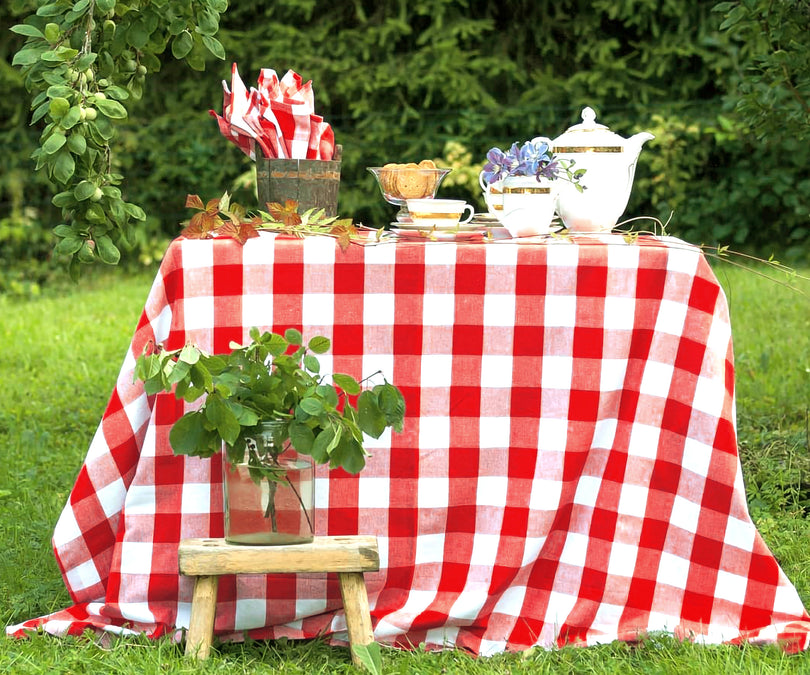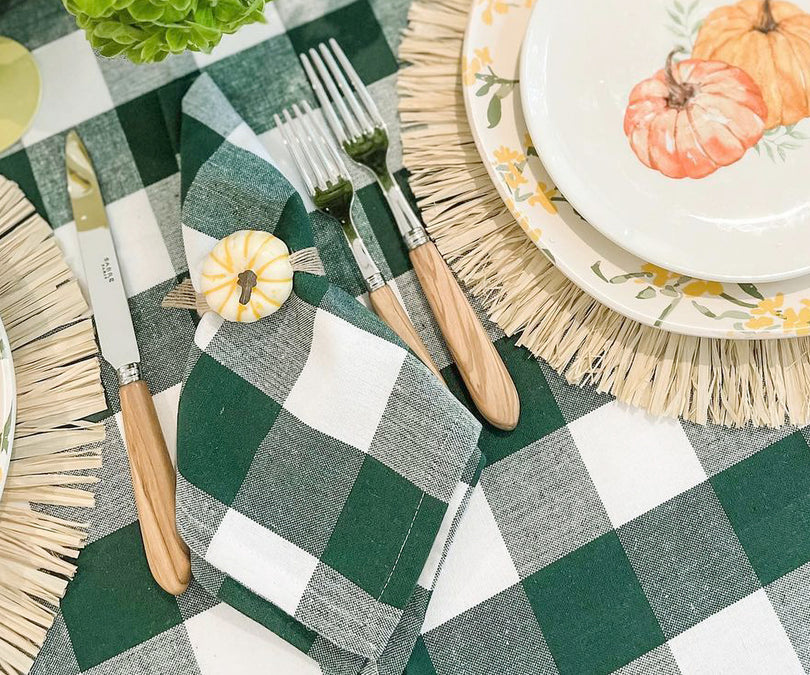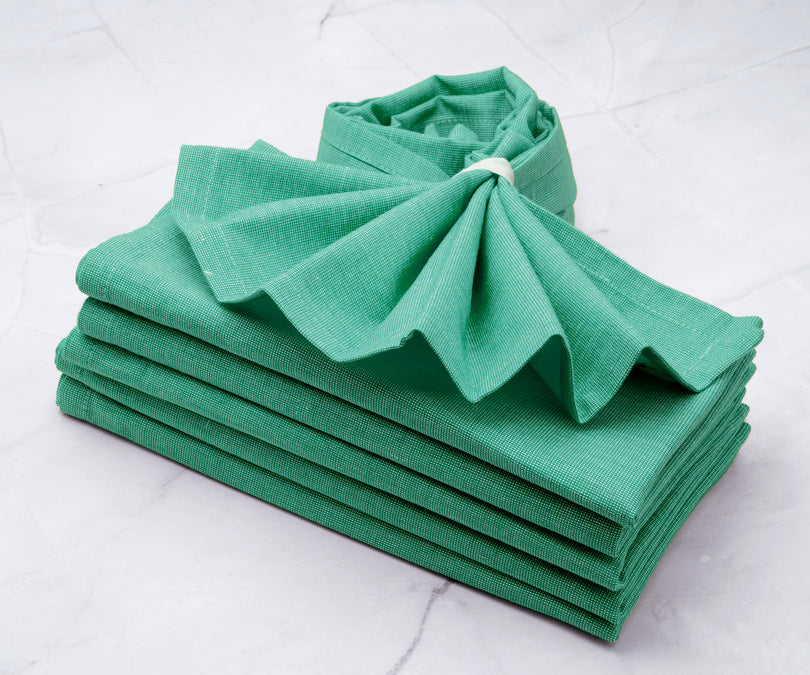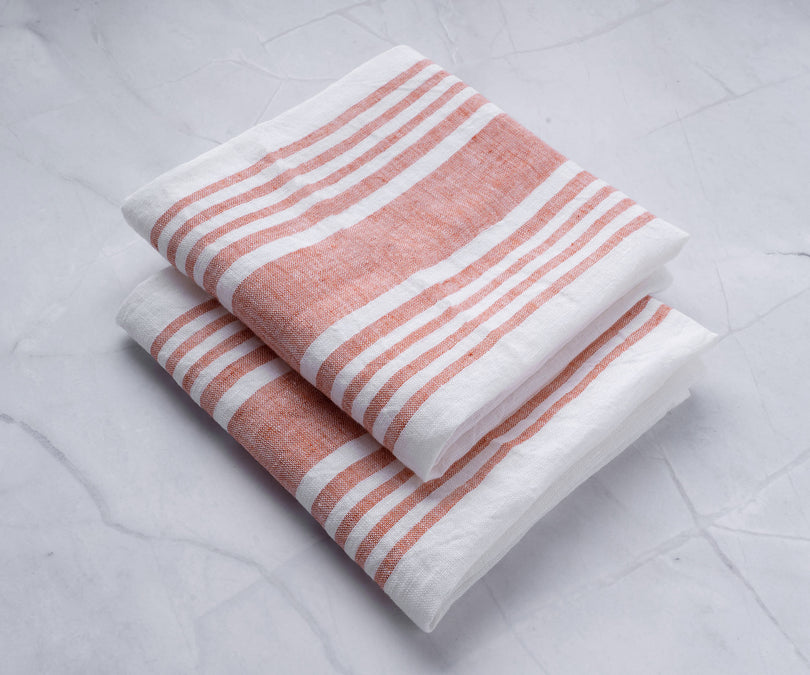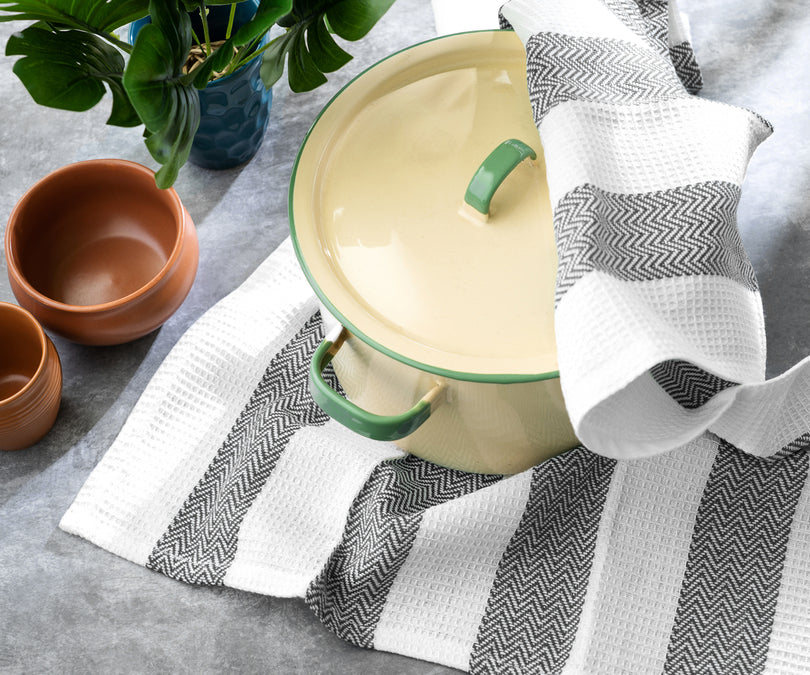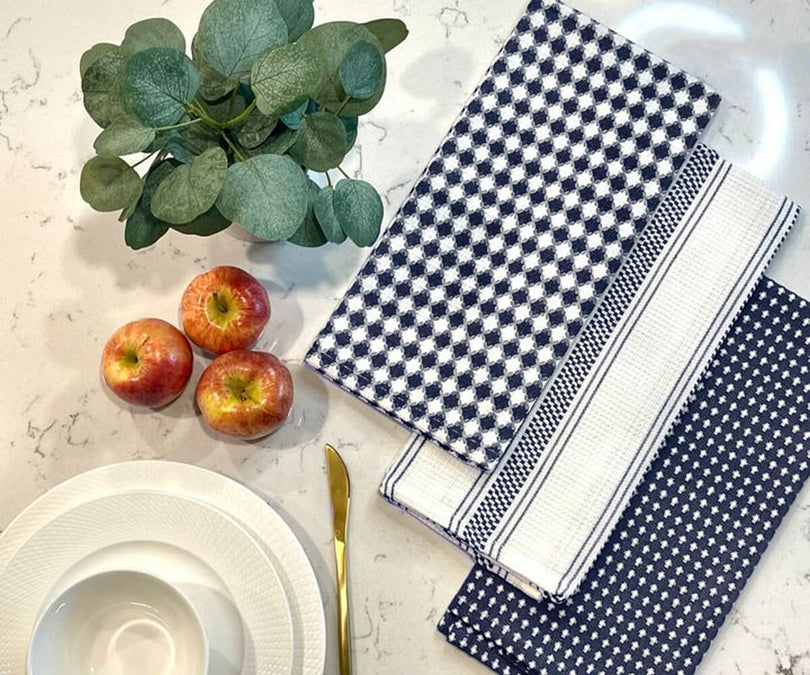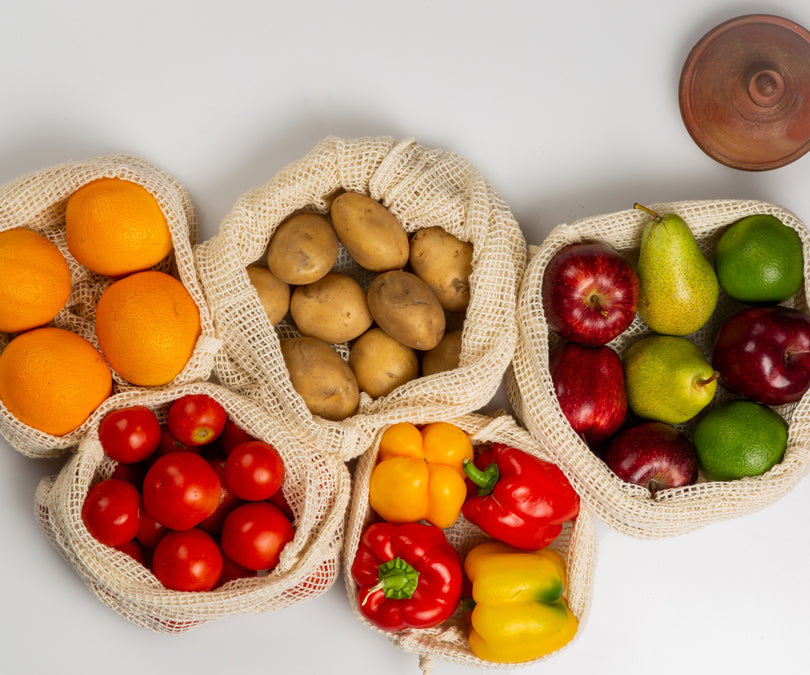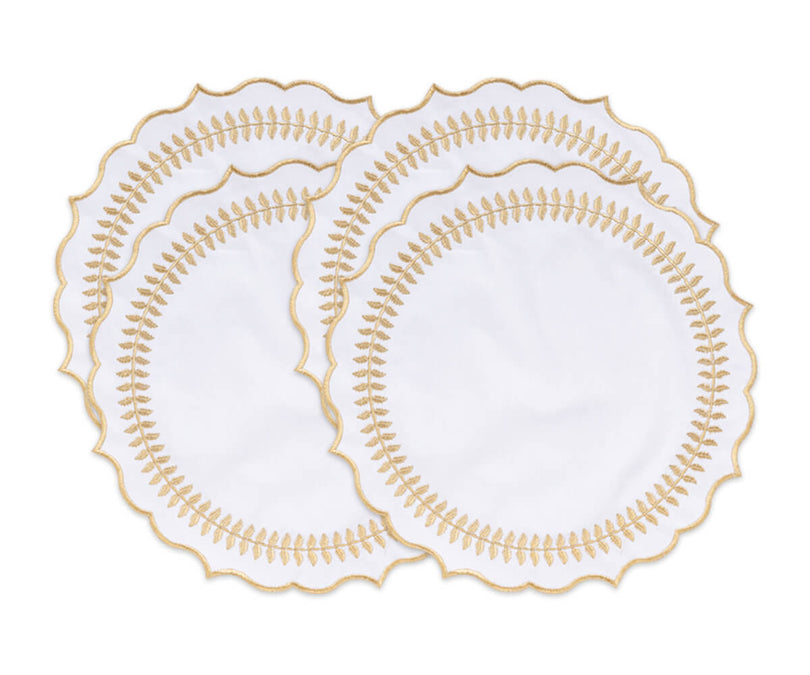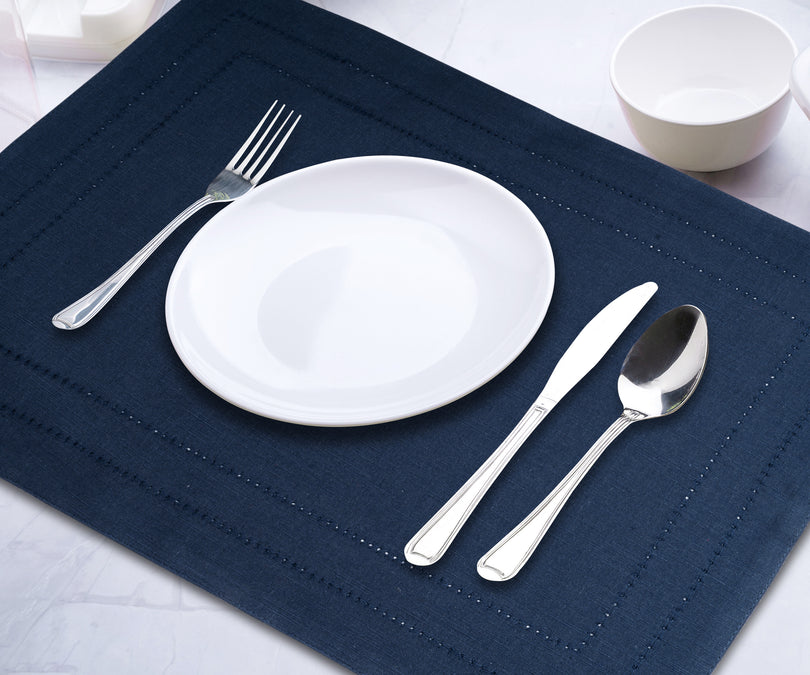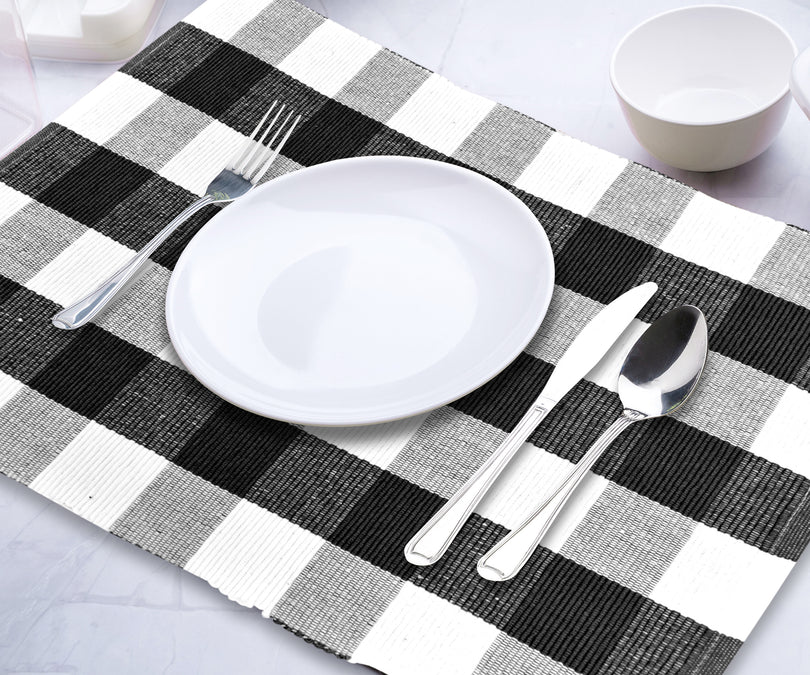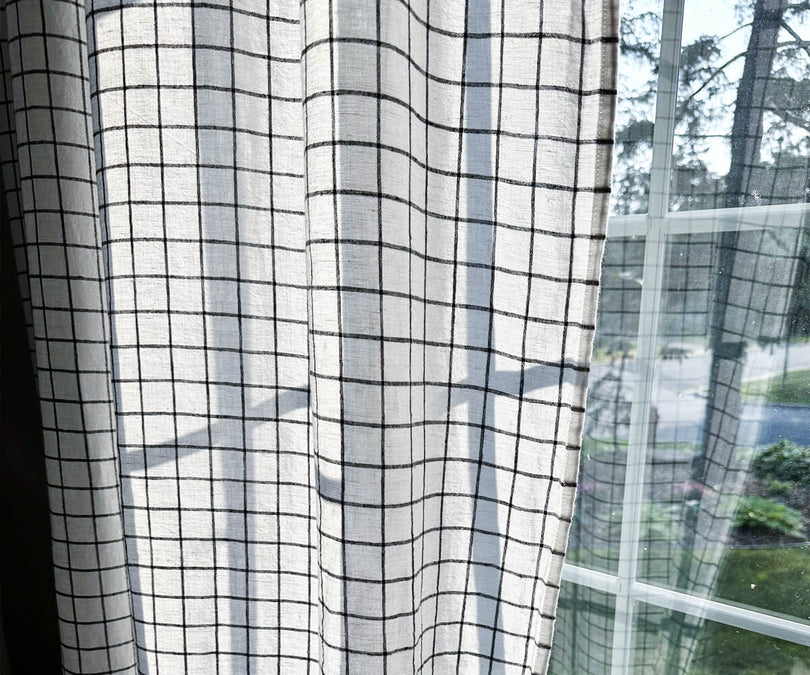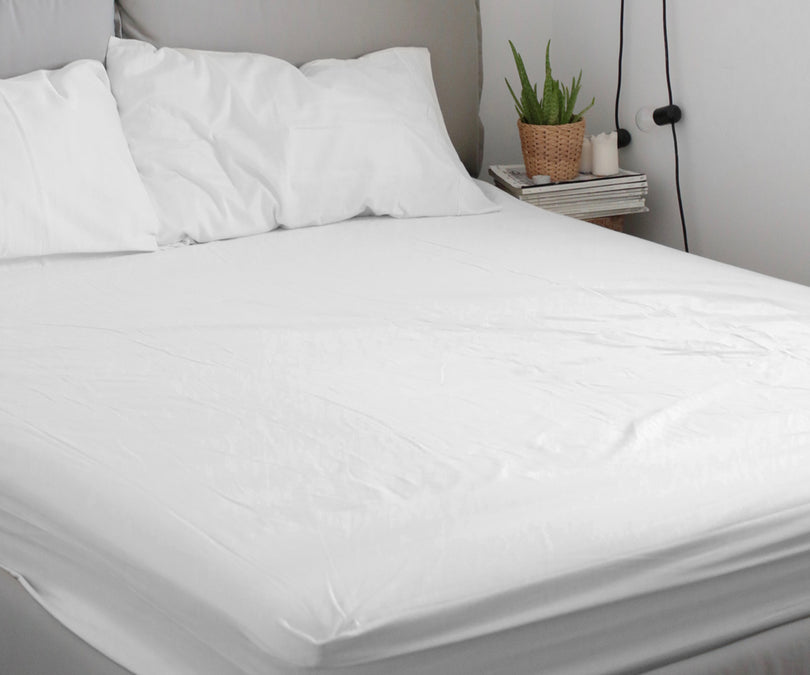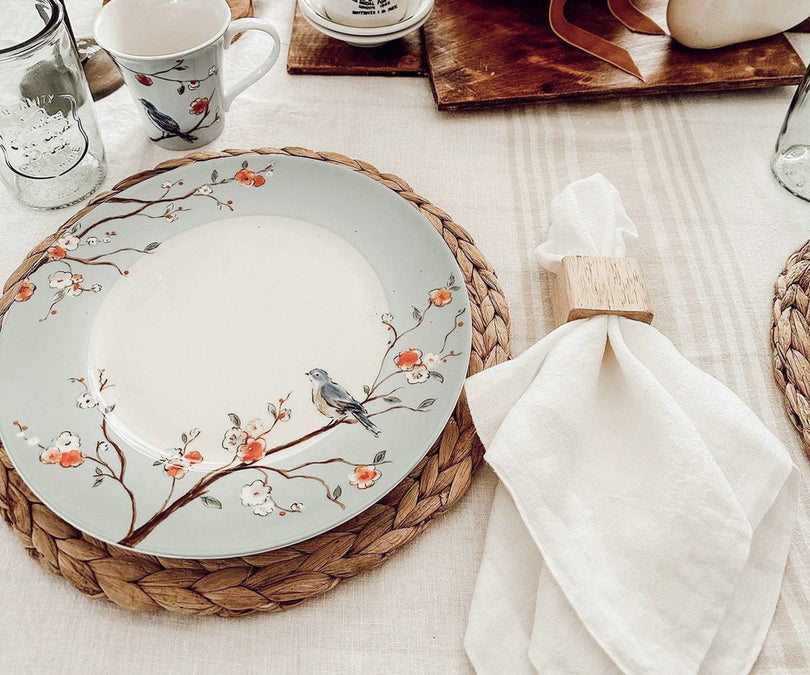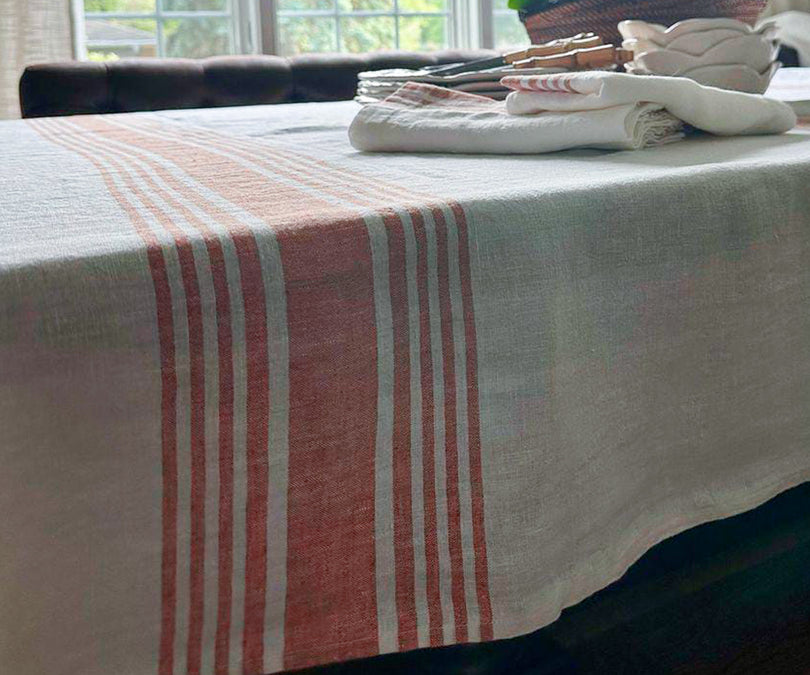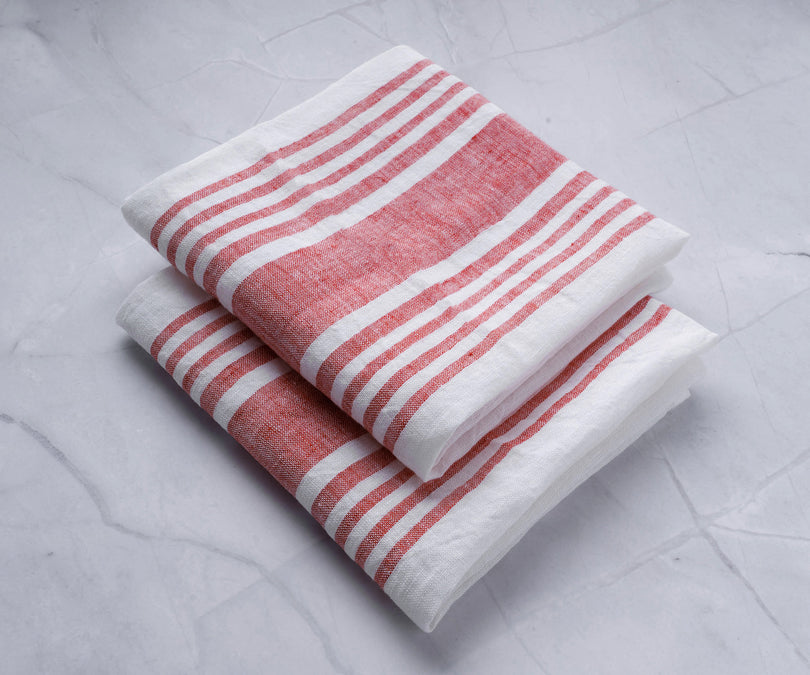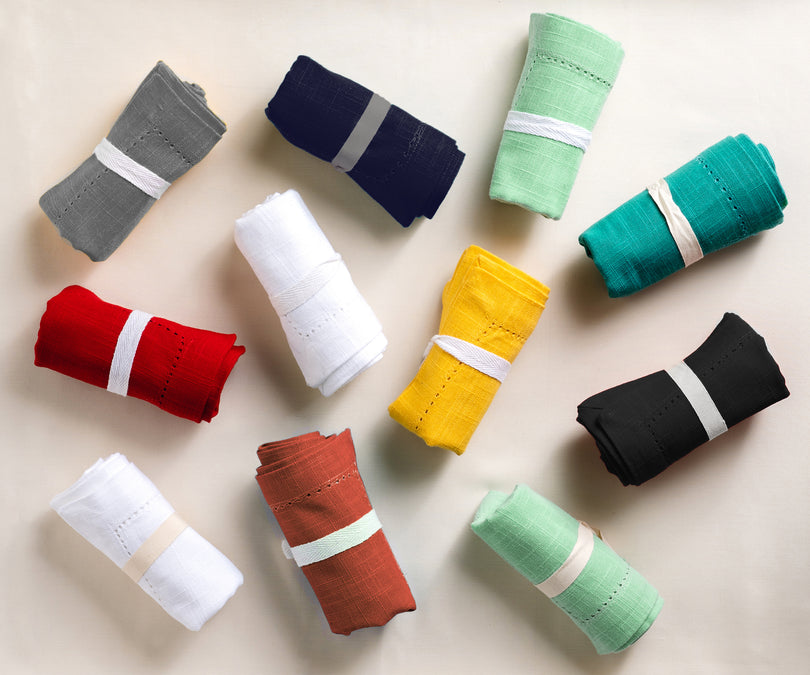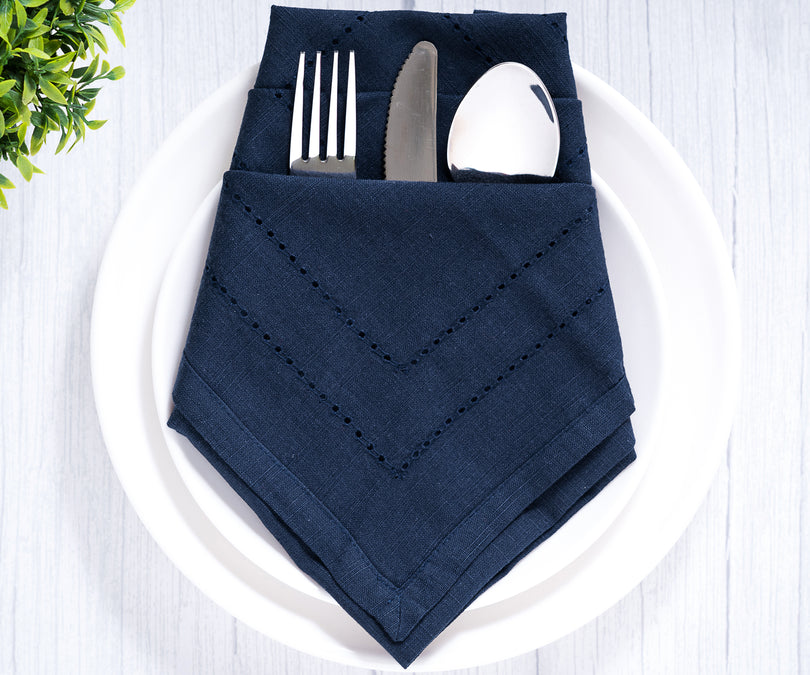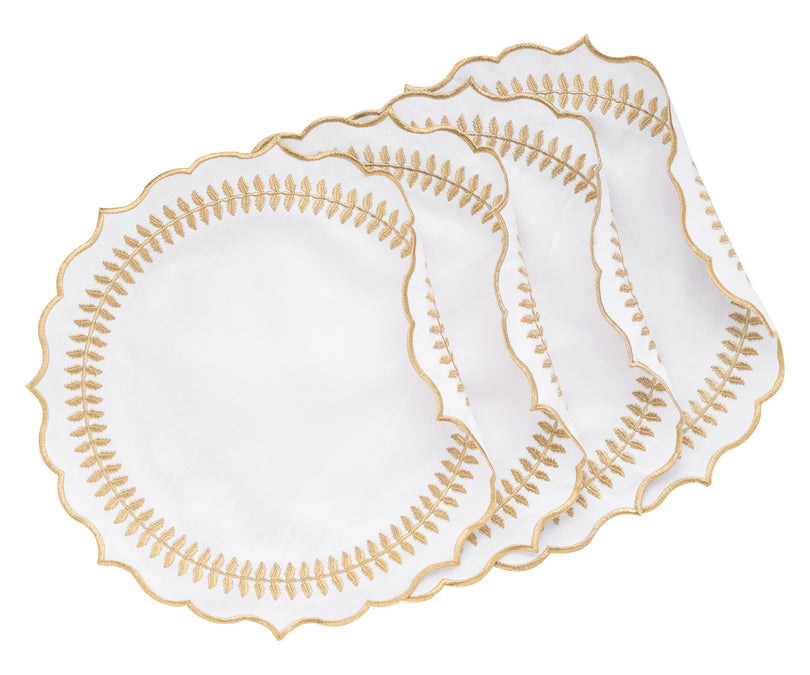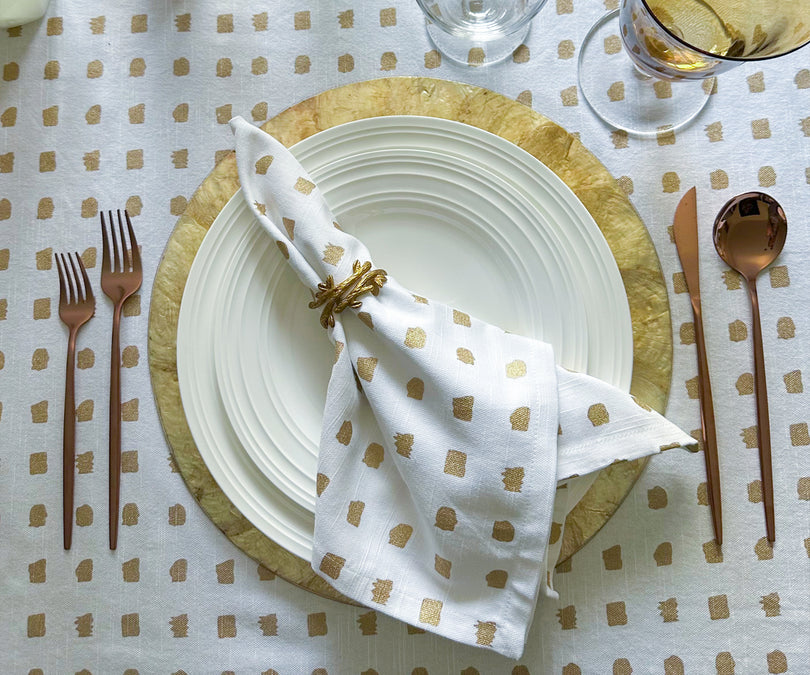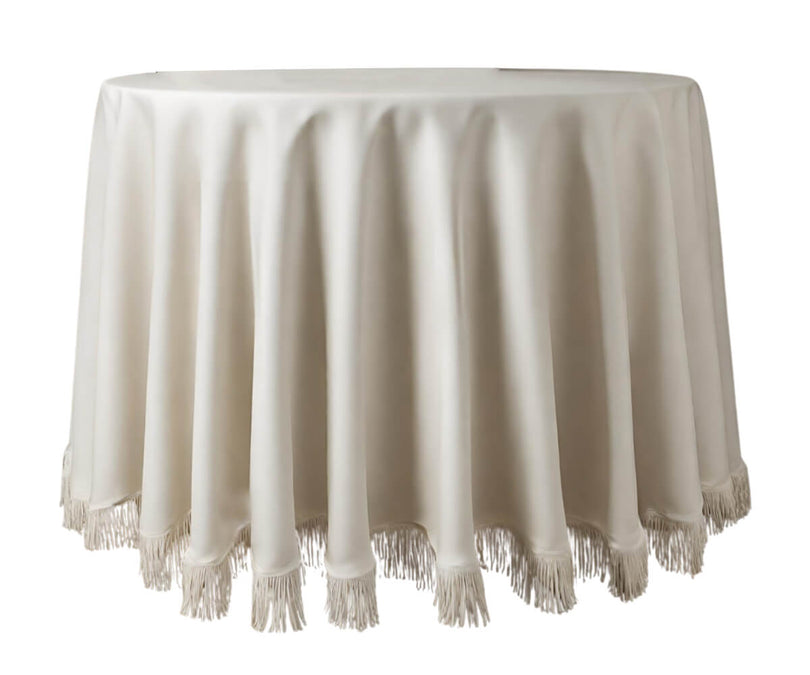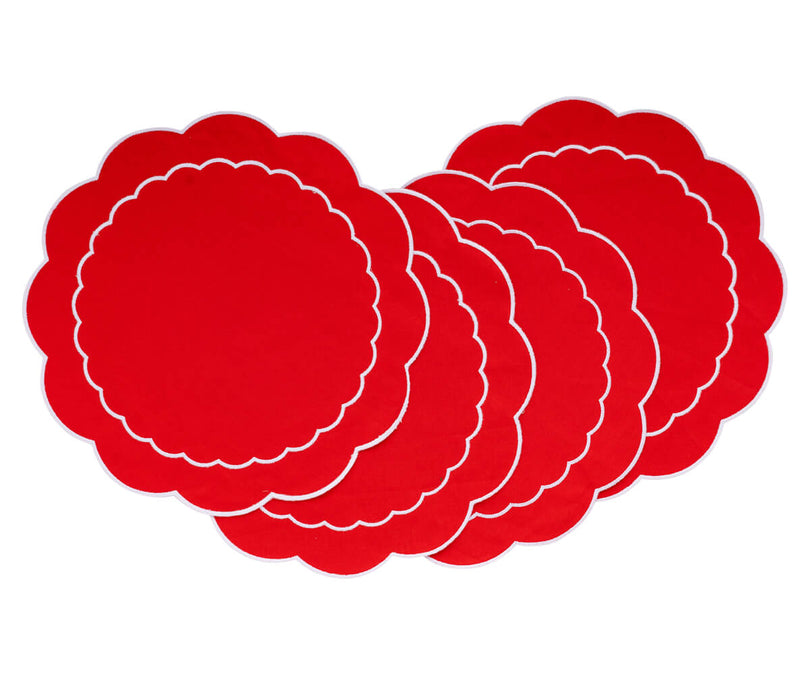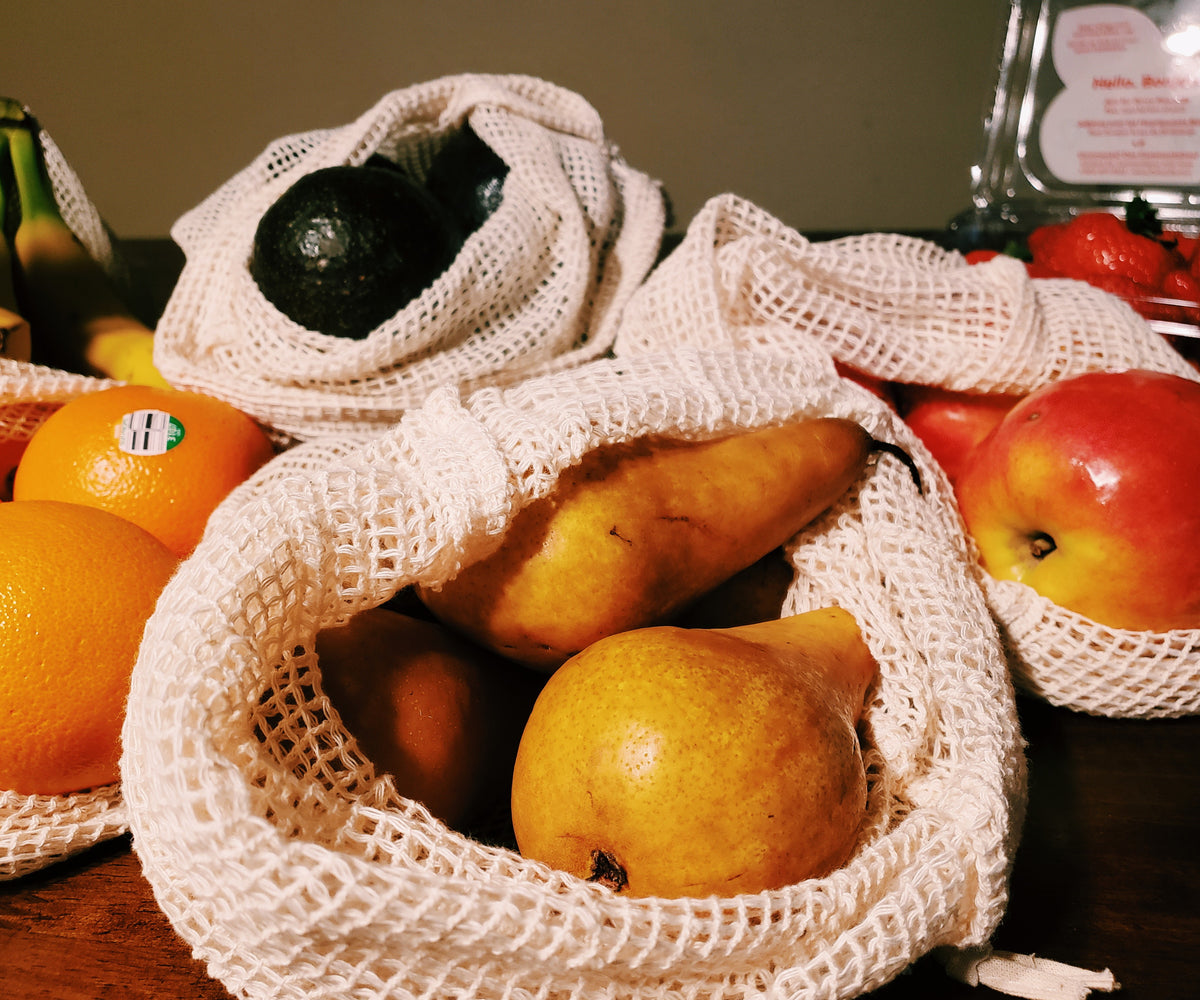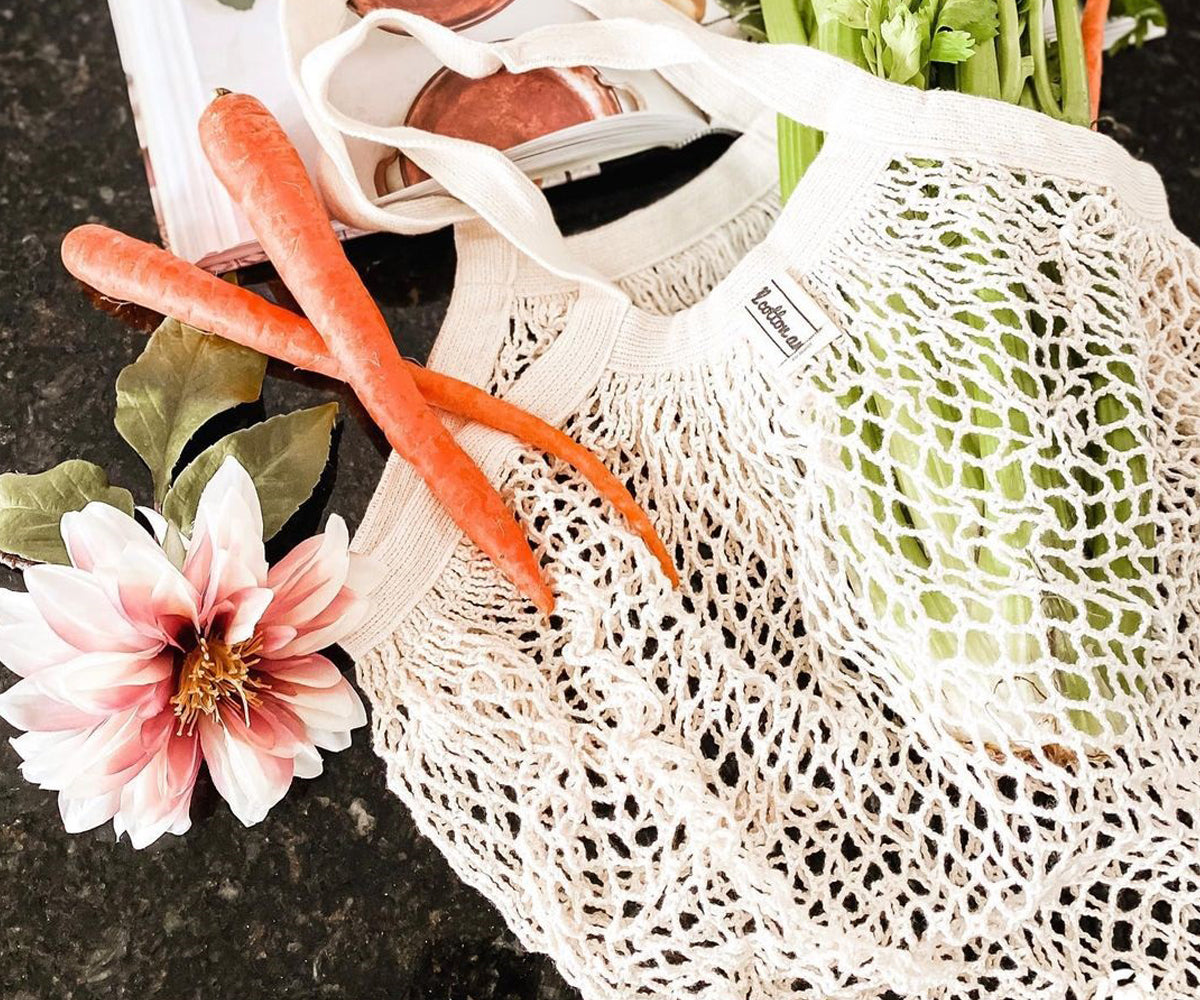
Unfortunately, these thin, colorless, and transparent bags pose similar problems, needing help to recycle and reuse and significant contributors to litter. Despite the abundance of solutions available for replacing single-use produce bags with reusable alternatives, the conversation often needs to look more into this aspect of plastic waste.

"Key Factors to Consider When Choosing Reusable Produce Bags"
When it comes to reusable produce bags, there is a wide variety of choices available. Here are some essential factors to keep in mind:
Homemade versus purchased
Consider using second-hand fabrics when making reusable produce bags or choosing ready-made ones. Fabrics like old net curtains, tablecloths, sheets, and bedding are great options. Ensure the chosen fabric is machine washable and can withstand hot wash cycles, making it easy to clean and maintain. It's essential to avoid mosquito netting, as most of them contain pesticides, which are not suitable for use with food.
Second-hand fabrics
Opting for reusable produce bags made from second-hand fabrics is a sustainable choice. You can find ready-made produce bags crafted from various materials like old net curtains, tablecloths, sheets, and bedding. To ensure easy maintenance, select a machine-washable fabric that can withstand hot wash cycles, avoiding the need for handwashing. Although mosquito netting may seem like a suitable option, avoiding those treated with pesticides is essential, as they are not ideal for use with food items.
Choosing the fabric type
Various fabrics possess distinct characteristics. Mesh or net bags, while lightweight and transparent, are seldom crafted from natural fibers and unsuitable for holding flour and fine powders. On the other hand, cotton cloth is a realistic option, but it is not see-through and tends to be slightly heavier. In certain stores, the bag's weight may need to be accounted for on the scales, potentially leading to higher costs for heavier bags. Additionally, the need for more transparency can slow down checkout operators, so it is vital to use these bags judiciously during busy days. Consequently, having different types of bags for specific purposes is advantageous in practice.

Cotton Produce Bags
The cotton muslin bags offer distinct advantages over mesh bags, particularly when it comes to handling powders and flours. I own a set of cotton bags, skillfully crafted from a repurposed bed sheet, which provides the convenience of easy repairs and eco-friendly composting at the end of their lifespan.

Mesh Produce Bags
The reusable nature reduces plastic waste and minimizes environmental impact. The breathable mesh design allows fresh fruits and vegetables to remain fresh for longer, reducing food waste. These bags are lightweight and compact, making them easy to carry and store when not in use. Their transparency facilitates quick identification of contents, streamlining the checkout process. The mesh produce bags are durable and can withstand multiple services, saving money in the long run. Moreover, they are washable, maintaining hygiene and preventing the spread of contaminants.

